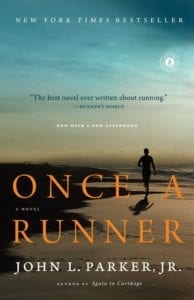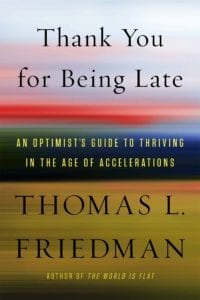War and Peace
Reason Book was Chosen:
This one's been on my desired reading list for a while. Finally getting to it.My Thoughts
This book is a series of sub-stories merged into a novel. It’s a story about Pierre Bezuhov. It’s a story about Napoleon’s war in Russia. It’s a story about Russian society. It’s a story about winning a battle but losing a war. About soldiers winning by force but losing morale in the process. It’s a story about finding meaning not through inheritance, brotherhood, or even love, but through suffering. It’s a story about free will vs determinism. About leaders vs the masses and how each determine history. This was a true Tour de Force, a term that should not be used for lesser books.
The two things that stuck out to me the most were the following:
- The transformation of Pierre Bezuhov
- The description of Napoleon
Pierre Bezuhov
We follow Pierre throughout the novel. When we meet him, he’s a nobody. That is until he inherits his father’s money and prestige. But that does not satisfy. He joins the freemasons and is promised fulfillment. Again, that does not satisfy. He finds love, twice, and that does not satisfy. Pierre only finds peace through suffering. Here is the quote that encapsulates his journey:
He could seek no object in life now, because now he had faith—not faith in any sort of principles, or words, or ideas, but faith in a living, ever-palpable God. In old days he had sought Him in the aims he set before himself. That search for an object in life had been only a seeking after God; and all at once in his captivity he had come to know, not through words or arguments, but by his own immediate feeling, what his old nurse had told him long before; that God is here, and everywhere. In his captivity he had come to see that the God in Karataev was grander, more infinite, and more unfathomable than the Architect of the Universe recognised by the masons. He felt like a man who finds what he has sought at his feet, when he has been straining his eyes to seek it in the distance. All his life he had been looking far away over the heads of all around him, while he need not have strained his eyes, but had only to look in front of him.
Napoleon
War & Peace follows Napoleon’s war against Russia. We see battle from both sides (Russian and French), even seeing things from Napoleon’s point of view. We see Napoleon treating enemy captives with compassion. We see Napoleon preparing for war. And we get this unbelievably deep insight about Napoleon:
Never, down to the end of his life, had he the least comprehension of good, of beauty, of truth, of the significance of his own acts, which were too far opposed to truth and goodness, too remote from everything human for him to be able to grasp their significance. He could not disavow his own acts, that were lauded by half the world, and so he was forced to disavow truth and goodness and everything human.
Wow.
I took my time with this book. I took copious notes about each character and would refer to them every time the character rejoined the story. It took me 40 days to read the unabridged version from start to finish, including the epilogue. This is a truly great work of literature. Of art. And of truth.



